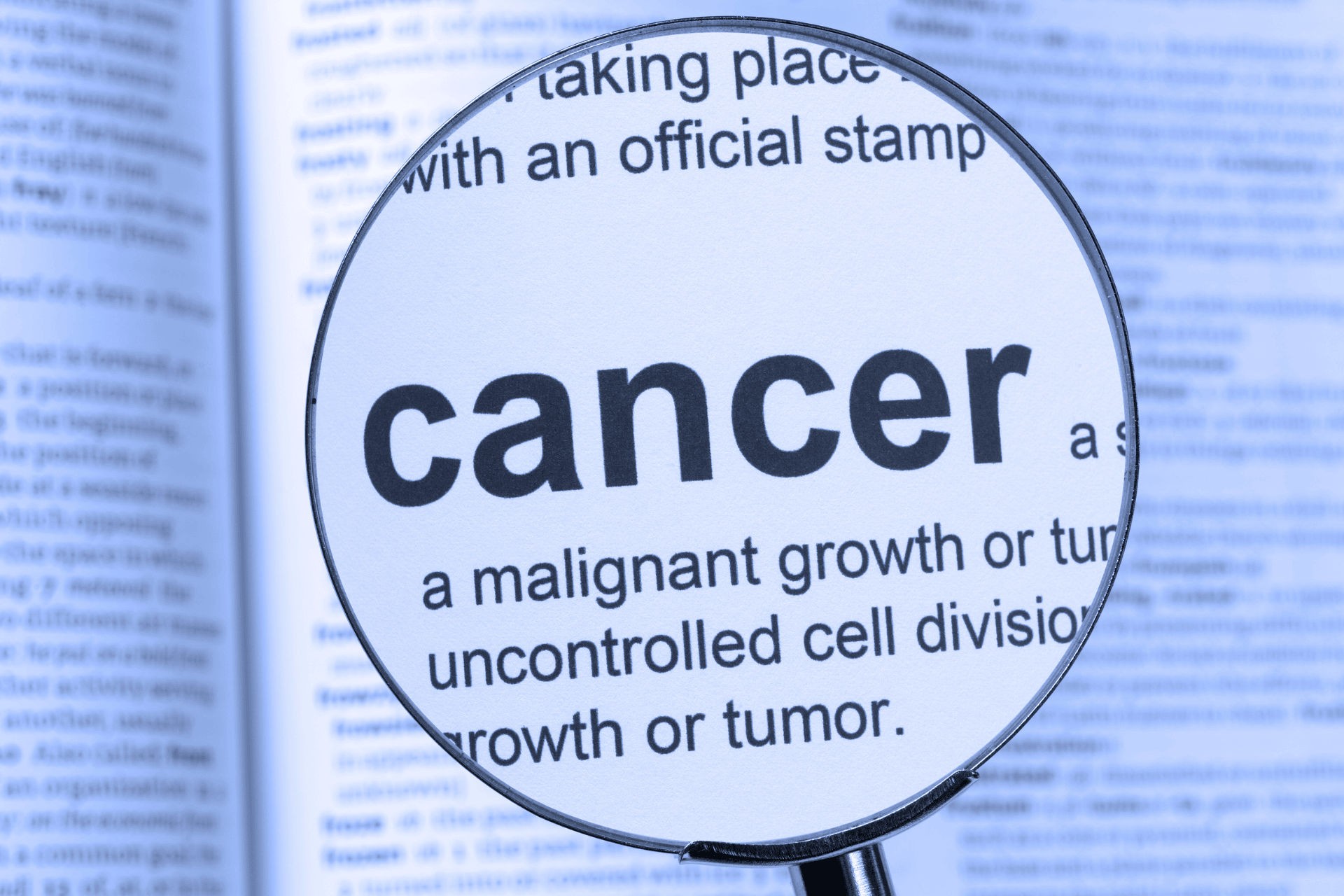Does Mounjaro Cause Cancer?
Understanding Mounjaro: What Is It and How Does It Work?Mounjaro is a relatively new medication that has gained attention for its effectiveness in managing type 2 diabetes [...]
Read More
Medically reviewed by Alan Lucks | MD, Alan Lucks MDPC Private Practice - New York on October 22nd, 2025.
Large-scale clinical trials involving over 19,000 participants found no increased cancer incidence in patients taking tirzepatide (Mounjaro) compared to placebo groups over study periods ranging from 40 weeks to 2 years.
Animal studies showed thyroid C-cell tumors in rodents at doses 5-40 times higher than maximum human doses, but this rodent-specific mechanism doesn't apply to humans based on current understanding.
The FDA's black box warning is purely precautionary due to animal data—no cases of medullary thyroid carcinoma have been definitively linked to GLP-1 receptor agonists in human patients since their introduction in 2005.
Patients with personal or family history of medullary thyroid carcinoma or Multiple Endocrine Neoplasia syndrome type 2 should avoid this medication class entirely due to theoretical risk.
Post-marketing surveillance data from millions of prescriptions shows the overall cancer rate remains consistent with general population expectations, with some studies suggesting potential protective effects against certain cancers.
Mounjaro is a relatively new medication that has gained attention for its effectiveness in managing type 2 diabetes and aiding weight loss. It belongs to a class of drugs known as GLP-1 receptor agonists, which work by mimicking the effects of a natural hormone in the body that regulates blood sugar levels and appetite. Patients taking Mounjaro often experience improved glucose control and reduced hunger, making it a popular choice among those seeking better management of their metabolic health. In addition to its primary benefits, Mounjaro has also been noted for its potential to enhance cardiovascular health, as studies suggest that it may lower the risk of heart disease, a common complication associated with diabetes.
Given its rising popularity, many people have questions about the safety profile of Mounjaro, especially concerning long-term risks. One common concern that has emerged is whether Mounjaro could increase the risk of cancer. This article explores that question by reviewing current scientific evidence and expert opinions, helping you make informed decisions about your health. It's essential to consider that while some studies have indicated a potential link between GLP-1 receptor agonists and certain types of cancer, the findings are not definitive. Ongoing research aims to clarify these associations, and healthcare professionals often emphasize the importance of weighing the benefits of improved diabetes management against potential risks. Additionally, understanding the mechanisms by which Mounjaro operates can provide further insight into its overall safety and efficacy, as it not only influences insulin secretion but also plays a role in slowing gastric emptying, which can contribute to a feeling of fullness and aid in weight loss.
To date, there is no conclusive evidence that Mounjaro directly causes cancer. The medication has undergone rigorous clinical trials before approval, and these studies did not reveal an increased cancer risk among users. However, as with many medications, ongoing post-market surveillance continues to monitor its safety.
GLP-1 receptor agonists, the drug class to which Mounjaro belongs, have been studied extensively. Some early animal studies raised concerns about potential thyroid tumors, but these findings have not been replicated in humans. Regulatory agencies such as the U.S. Food and Drug Administration (FDA) require manufacturers to include warnings about such risks when animal data suggest a possibility, even if human data are lacking.
It is important to understand that cancer is a complex disease influenced by many factors, including genetics, lifestyle, and environment. Medications like Mounjaro are just one piece of the puzzle. Current scientific consensus maintains that the benefits of Mounjaro for diabetes and weight management outweigh any unproven risks related to cancer.
In addition to the ongoing research, it is crucial for patients to engage in open discussions with their healthcare providers about any concerns they may have regarding Mounjaro and its potential risks. Healthcare professionals can provide personalized insights based on a patient’s medical history, lifestyle choices, and family history of cancer, helping to make informed decisions about treatment options. Furthermore, as new studies emerge, they may shed light on long-term effects and safety profiles, ensuring that patients remain informed about their treatment.
The landscape of diabetes medications is continually evolving, with new therapies being developed and existing ones being re-evaluated. As such, it is essential for patients to stay updated on the latest research findings and recommendations. This includes understanding how lifestyle modifications, such as diet and exercise, can complement the effects of medications like Mounjaro in managing diabetes and reducing potential health risks, including those related to cancer. By taking a holistic approach to health, individuals can empower themselves to make choices that enhance their overall well-being.
 How to Monitor Your Health While Using Mounjaro
How to Monitor Your Health While Using MounjaroWhile no direct link has been established between Mounjaro and cancer, it is always wise to stay vigilant about your health. Regular check-ups and open communication with your healthcare provider are essential. If you experience any unusual symptoms or changes in your health, seek medical advice promptly. Keeping a health journal can also be beneficial; documenting your daily experiences, dietary habits, and any side effects can provide valuable insights for both you and your healthcare team. This proactive approach can help identify patterns and facilitate more informed discussions during your appointments.
For those using Mounjaro or considering it, telehealth services offer a convenient way to consult with medical professionals without leaving home. Doctronic.ai provides access to doctors 24/7 across all 50 states. Doctronic’s AI-powered system delivers fast, personalized care drawing on the latest medical research, making it an excellent resource for questions about medications like Mounjaro. Furthermore, these platforms often include tools for tracking your health metrics, such as weight, blood sugar levels, and other vital signs, allowing you to share this information easily with your healthcare provider.
By leveraging such innovative telehealth services, patients can get timely guidance on medication management, side effects, and overall health monitoring, ensuring peace of mind while using Mounjaro. Engaging in online support groups or forums can provide a sense of community and shared experience. Connecting with others who are also navigating their health journeys can offer encouragement, tips, and emotional support, which is invaluable. Many users find that sharing their experiences and learning from others can enhance their understanding of the medication and its effects, ultimately leading to better health outcomes.
Mounjaro offers significant benefits for people managing type 2 diabetes and obesity, including better blood sugar control and weight loss. These health improvements can reduce the risk of complications such as heart disease, kidney failure, and nerve damage, which are common concerns for diabetic patients.
When considering any medication, it is crucial to balance potential risks with expected benefits. Although the fear of cancer can be alarming, current data do not support a causal relationship between Mounjaro and cancer development. Instead, patients should focus on maintaining a healthy lifestyle, adhering to prescribed treatments, and staying informed through reliable medical sources.
For personalized advice tailored to your health history and concerns, consulting with healthcare professionals is key. Telehealth platforms like Doctronic.ai are revolutionizing access to quality medical care, providing expert support quickly and affordably.
 Mounjaro and Cancer Risk
Mounjaro and Cancer RiskIn summary, Mounjaro does not have a proven link to cancer based on current scientific evidence. While some animal studies have prompted caution, human data have not confirmed these risks. The medication remains a valuable tool for managing diabetes and supporting weight loss, with benefits that often outweigh potential concerns.
Patients are encouraged to stay proactive about their health by monitoring symptoms, maintaining regular consultations with healthcare providers, and using trusted telehealth services such as Doctronic.ai for convenient, expert medical guidance. This approach helps ensure that any questions or worries about medications like Mounjaro are addressed promptly and accurately.
Ultimately, informed decisions and ongoing communication with medical professionals are the best ways to navigate medication choices safely and confidently.
If you're considering Mounjaro or have concerns about its effects, Doctronic is here to provide immediate, personalized medical insights. With over 10 million users and growing, Doctronic offers free AI doctor visits that synthesize the latest medical research to address your health queries. For a more personal touch, our telehealth video visits connect you with real doctors anytime, anywhere. Experience the most modern, personal, and convenient care at your fingertips. Skip the line. Talk to an AI Doctor Now, for free.
Current evidence strongly supports that Mounjaro does not cause cancer in humans, with extensive clinical data showing no increased risk compared to placebo. The FDA warning exists solely as a precaution based on animal studies that don't translate to human physiology. If you have specific concerns about cancer risk or family history, Doctronic can help you understand your individual risk factors.
Understanding Mounjaro: What Is It and How Does It Work?Mounjaro is a relatively new medication that has gained attention for its effectiveness in managing type 2 diabetes [...]
Read More